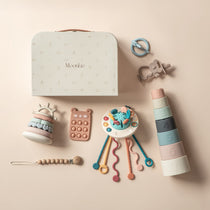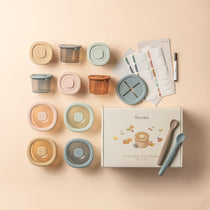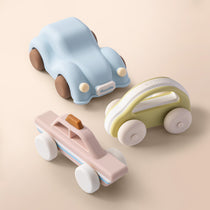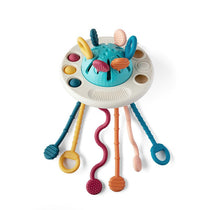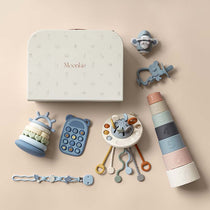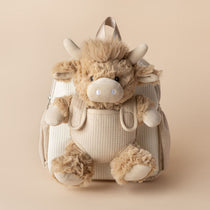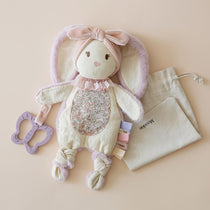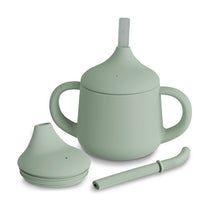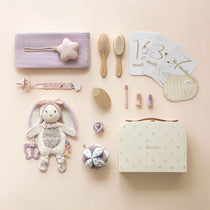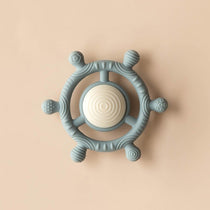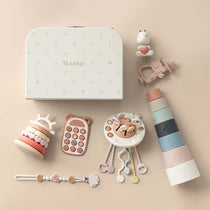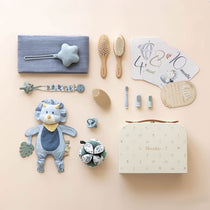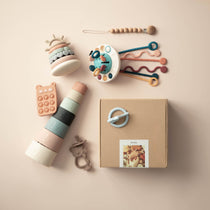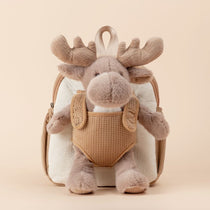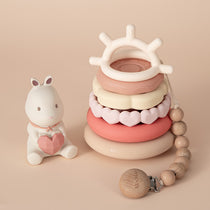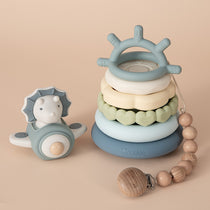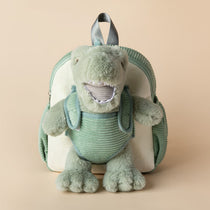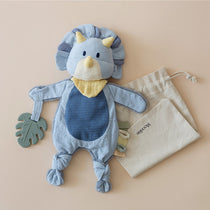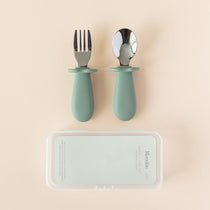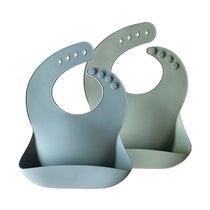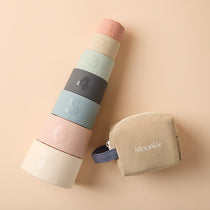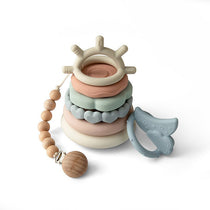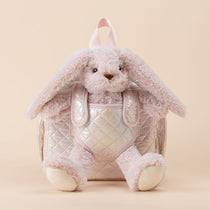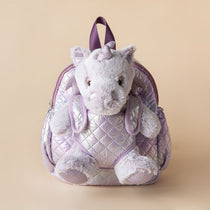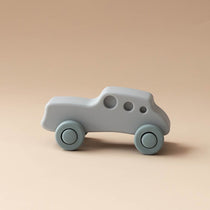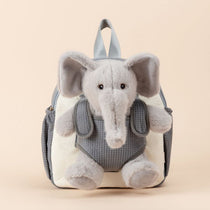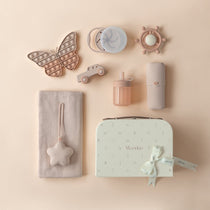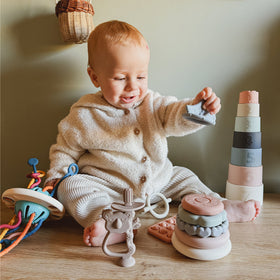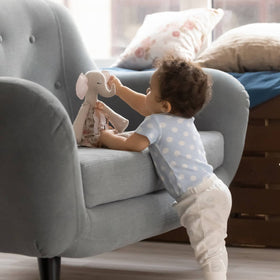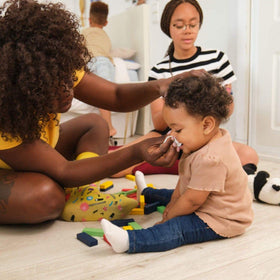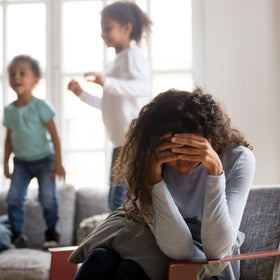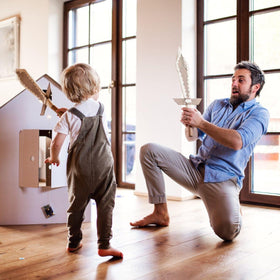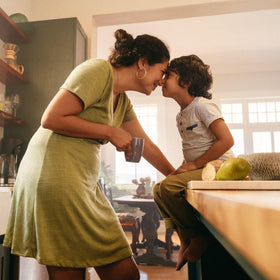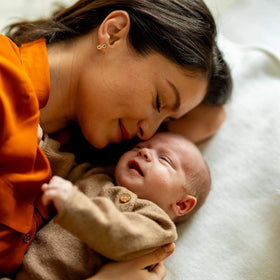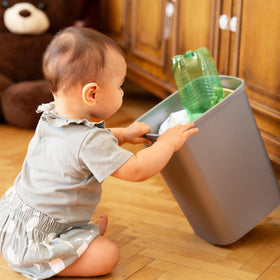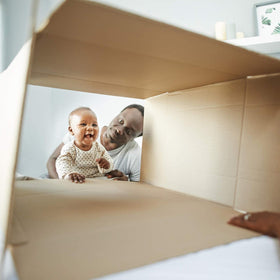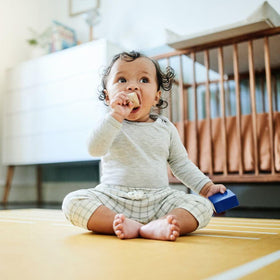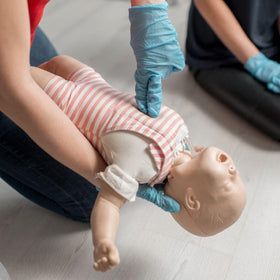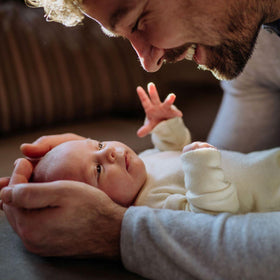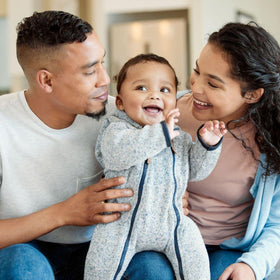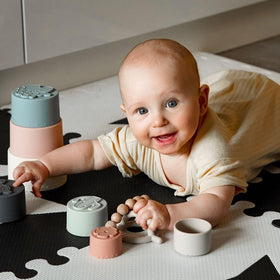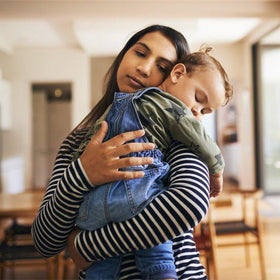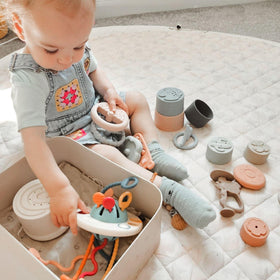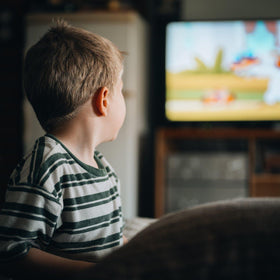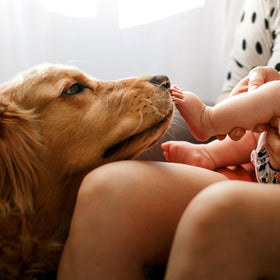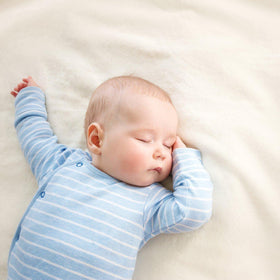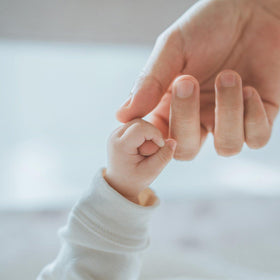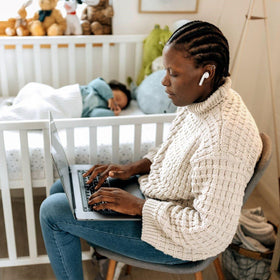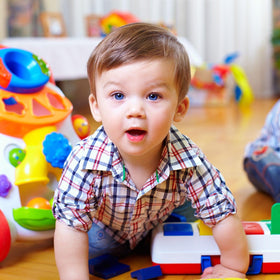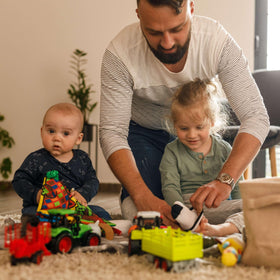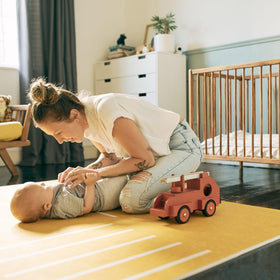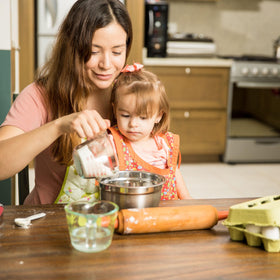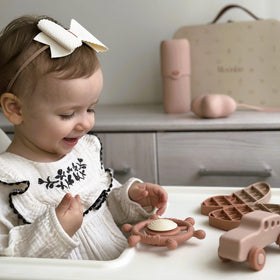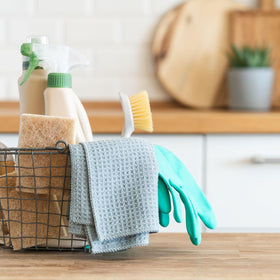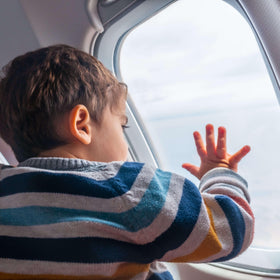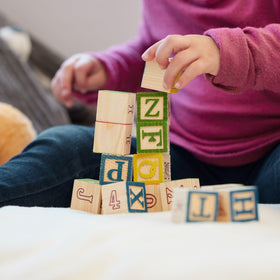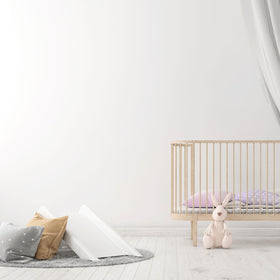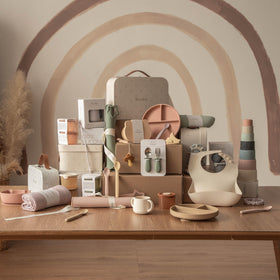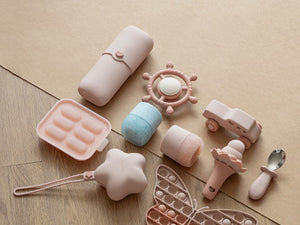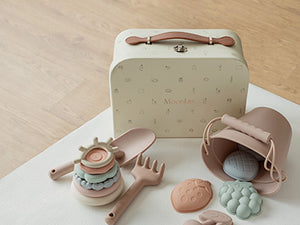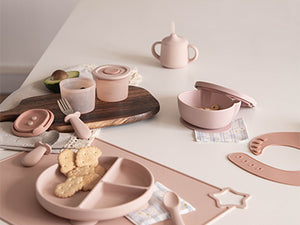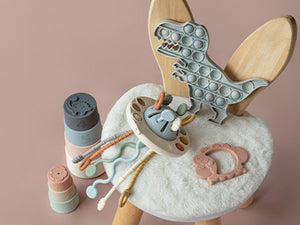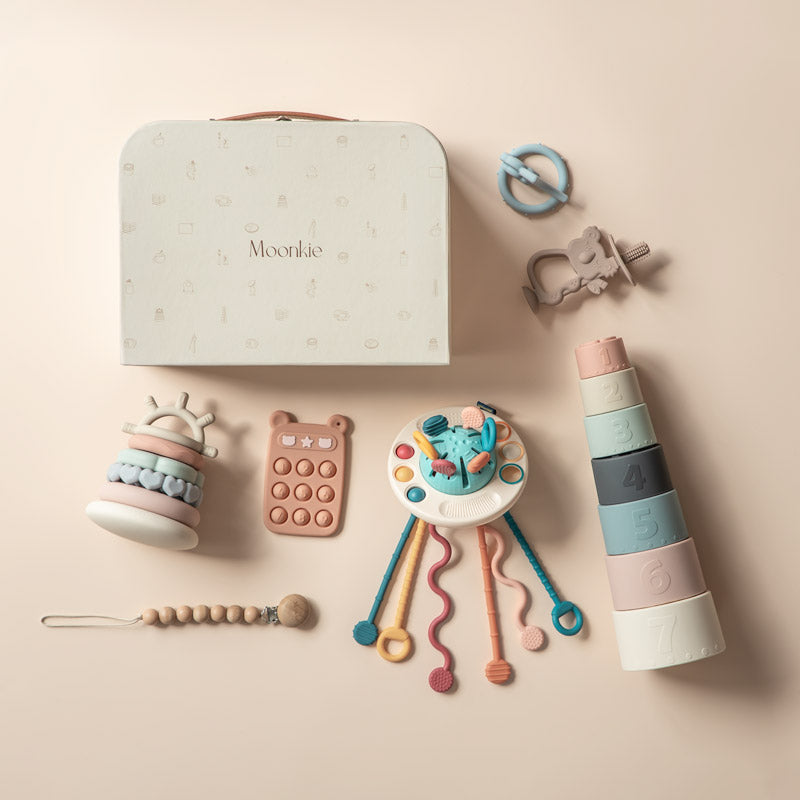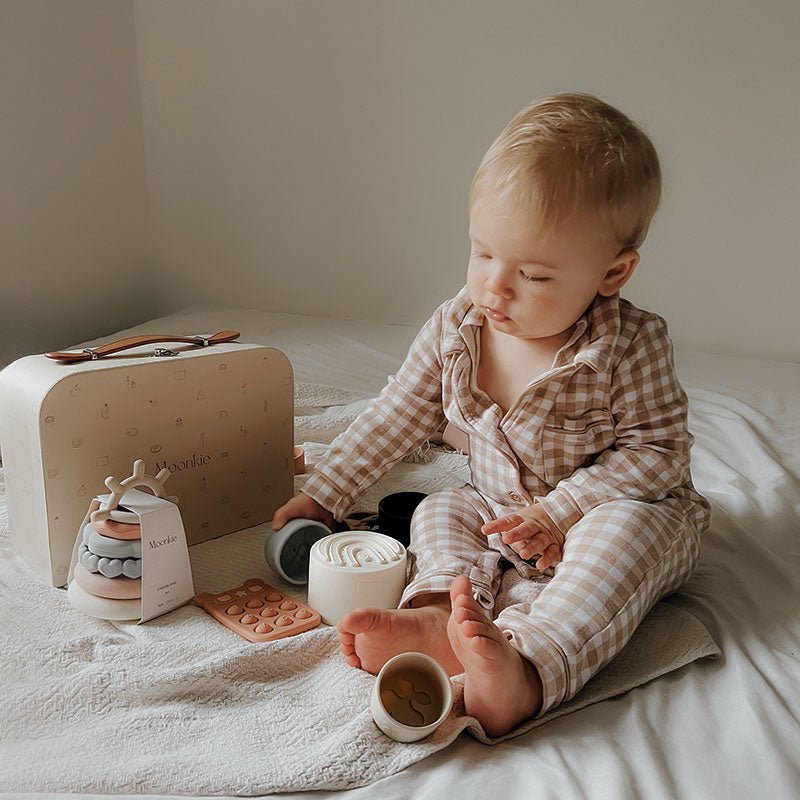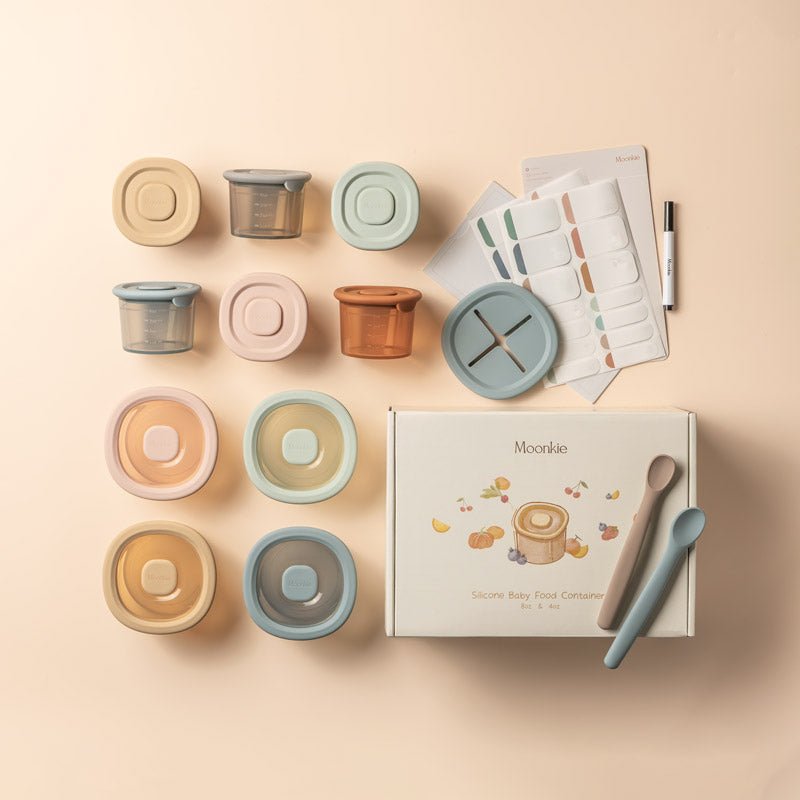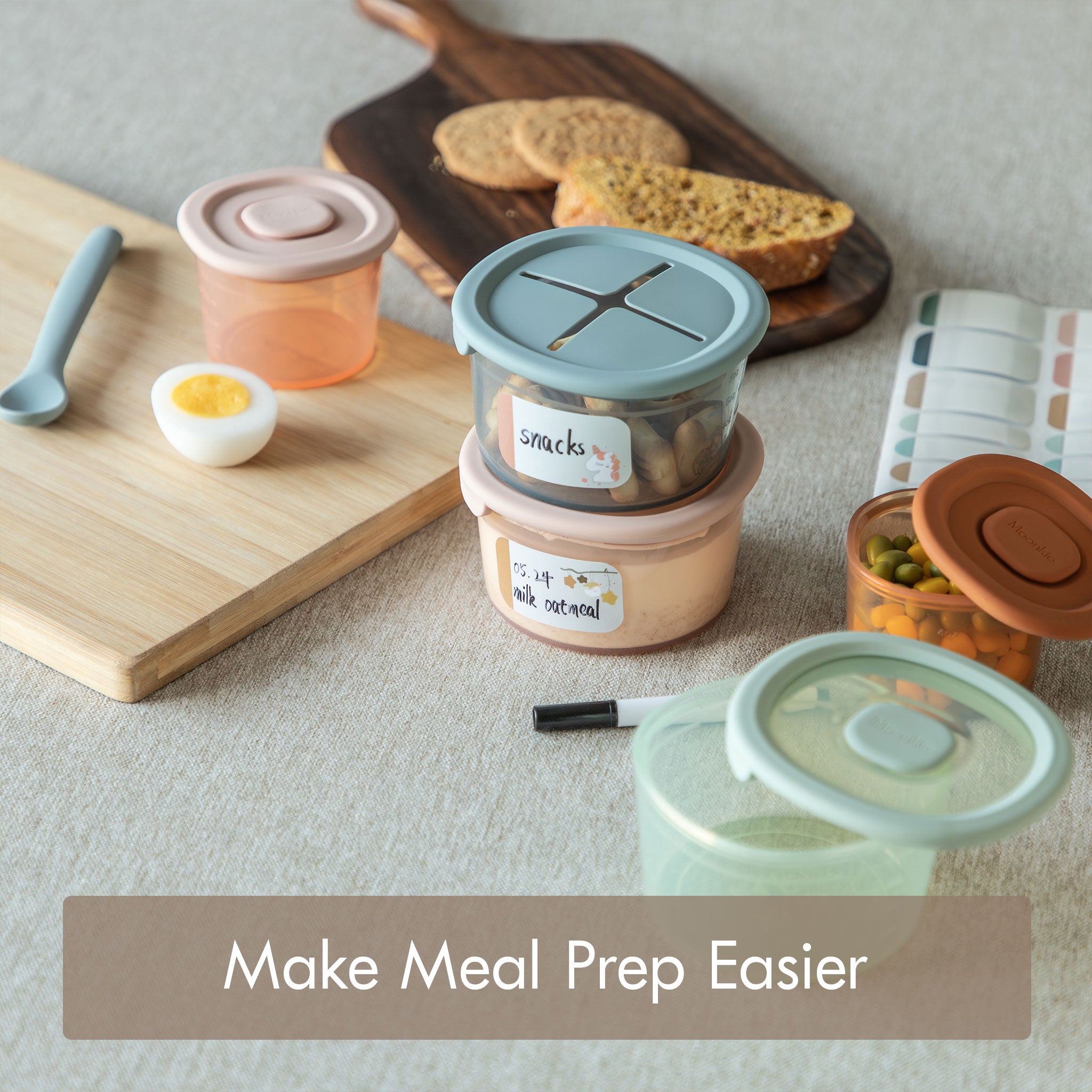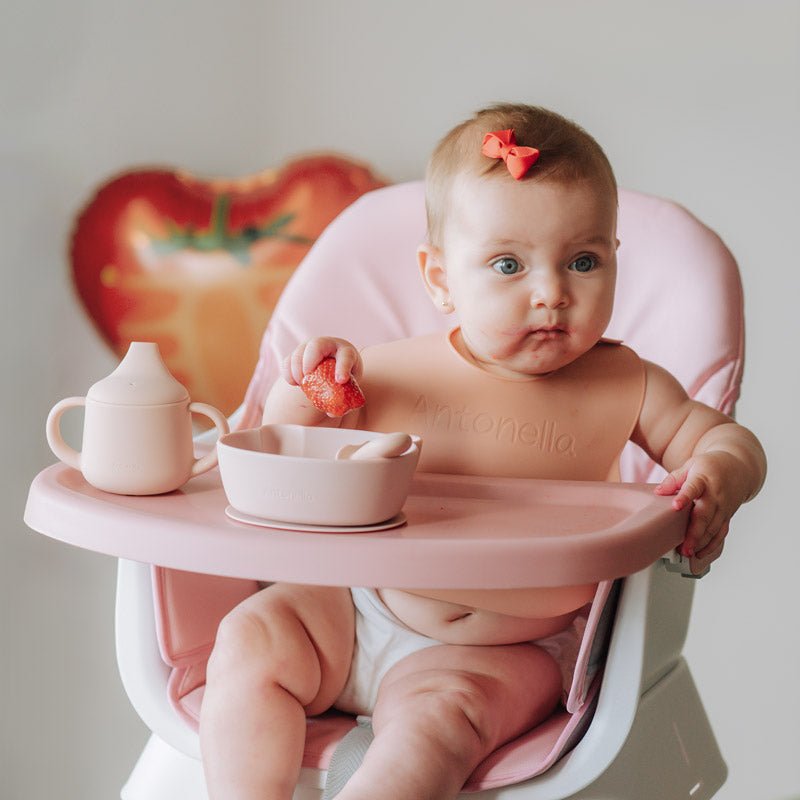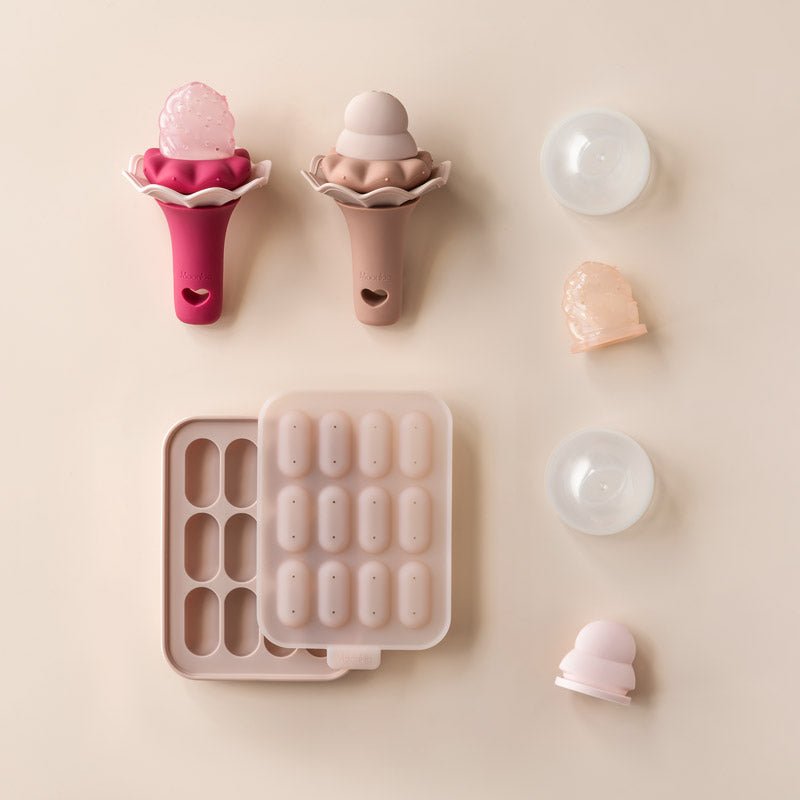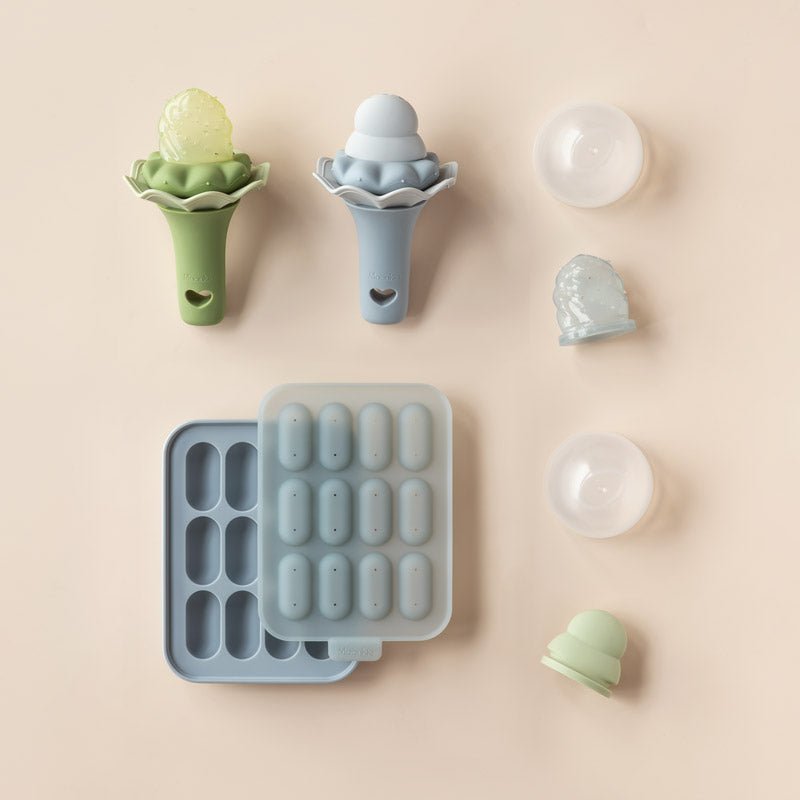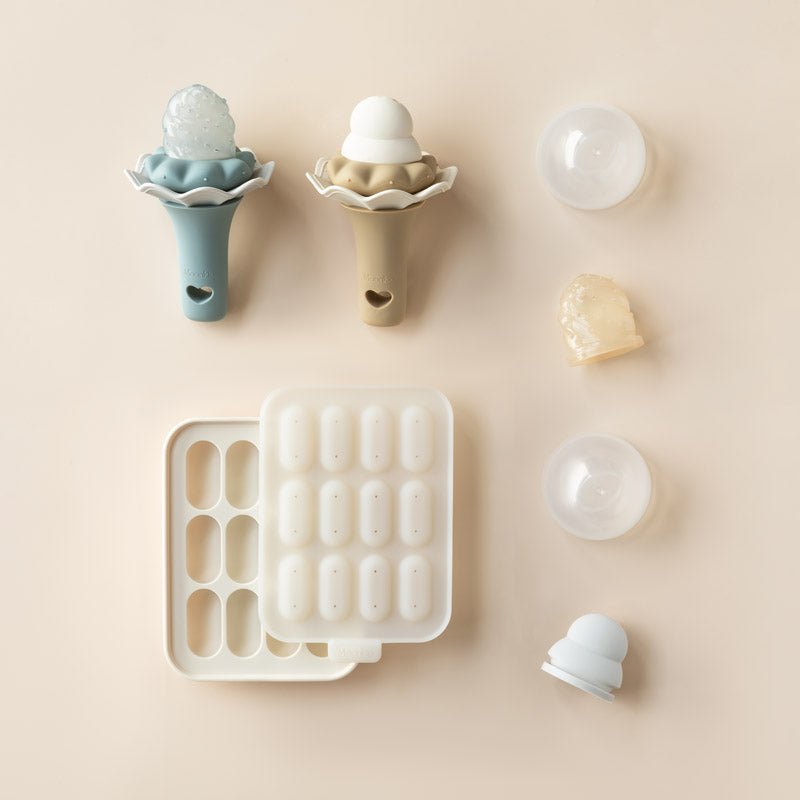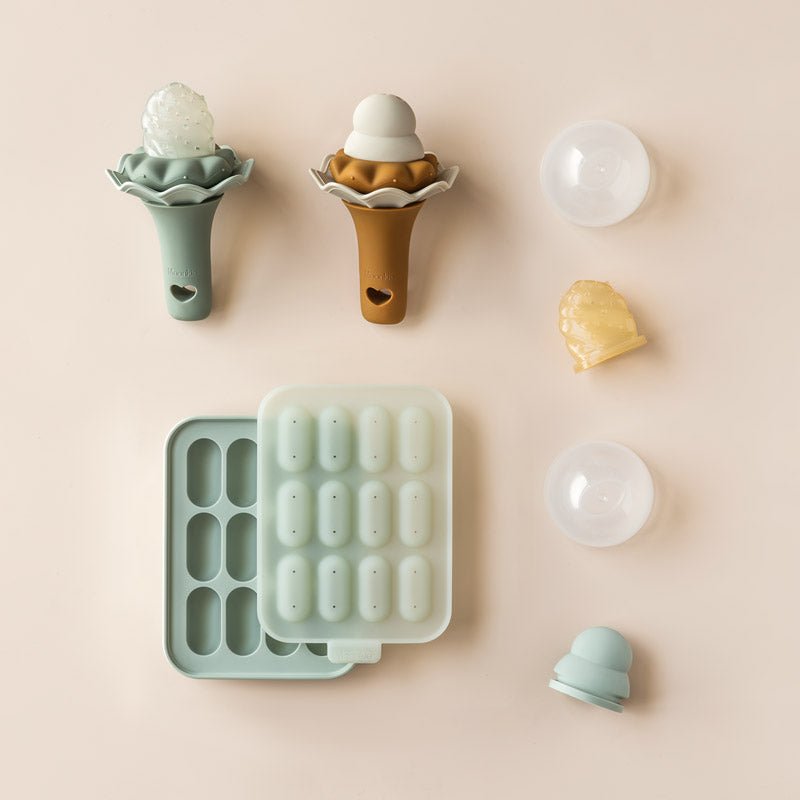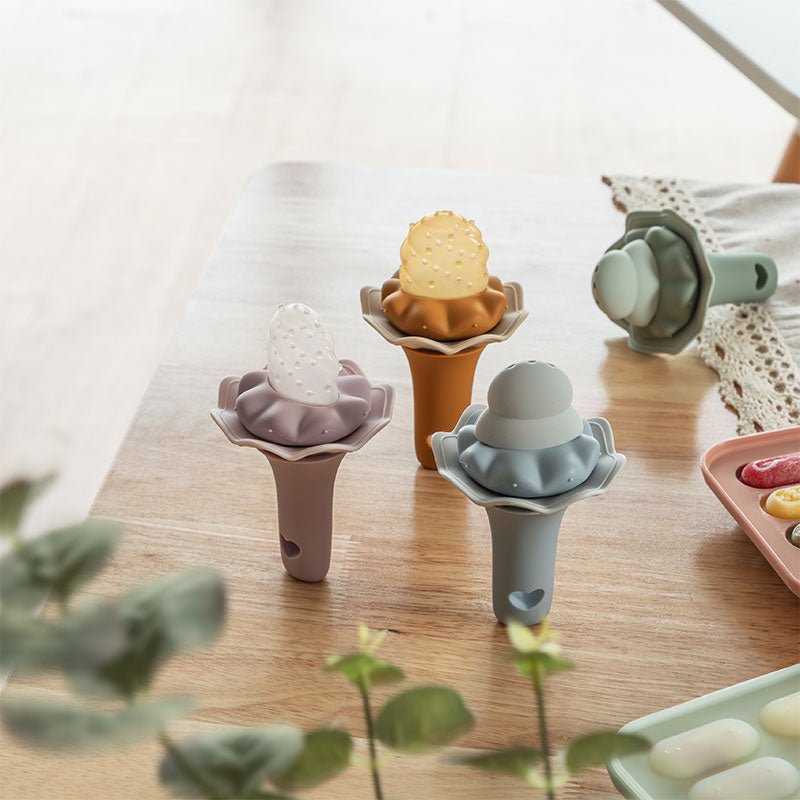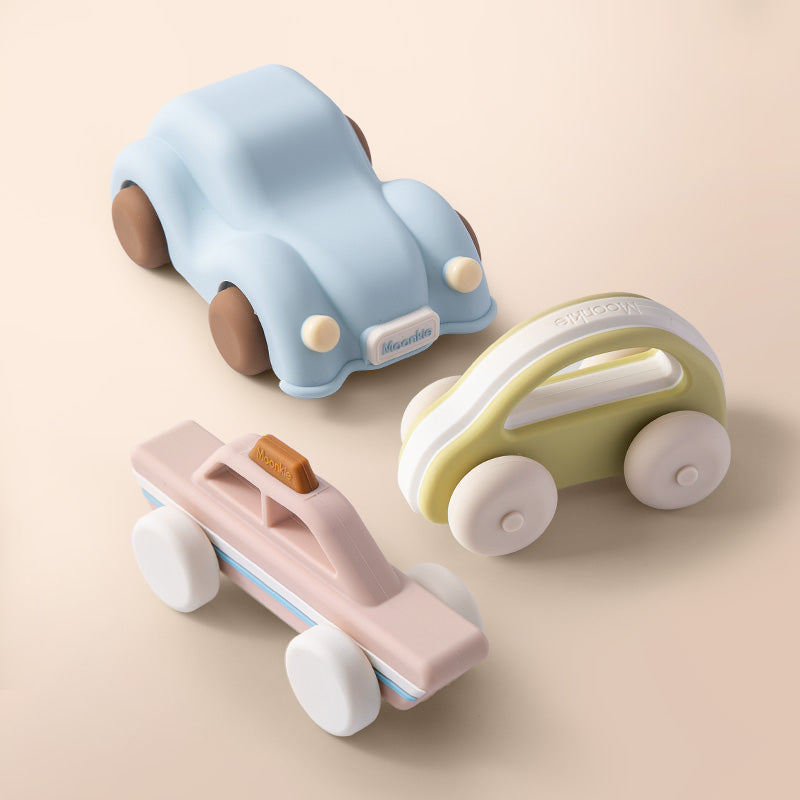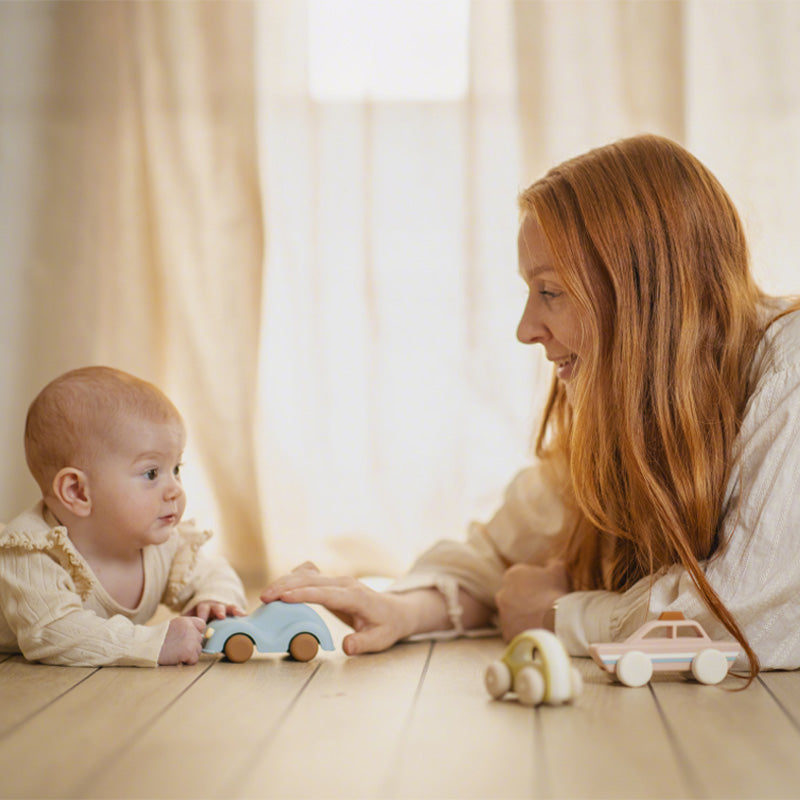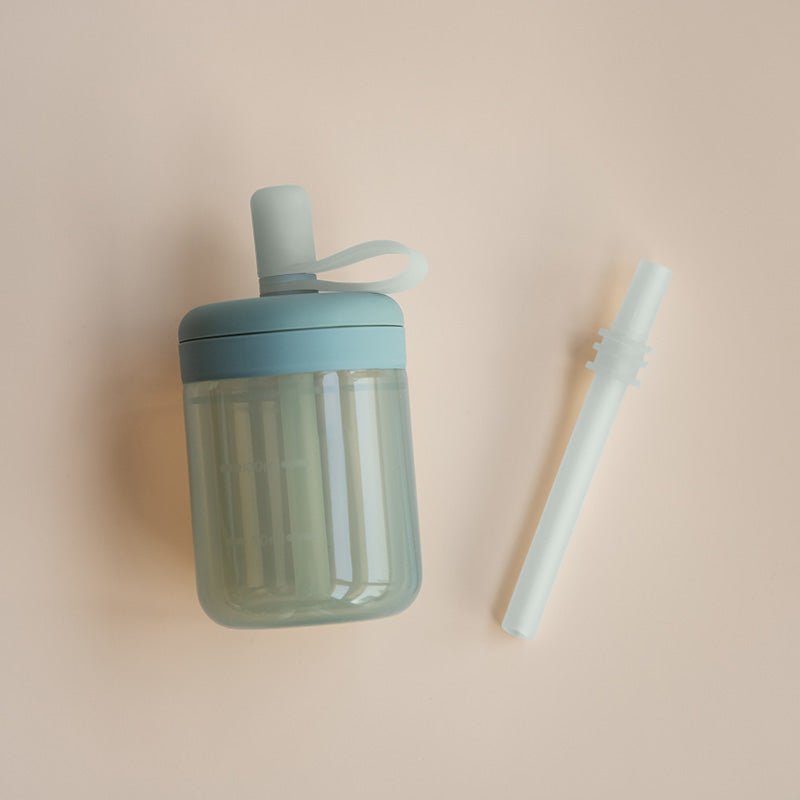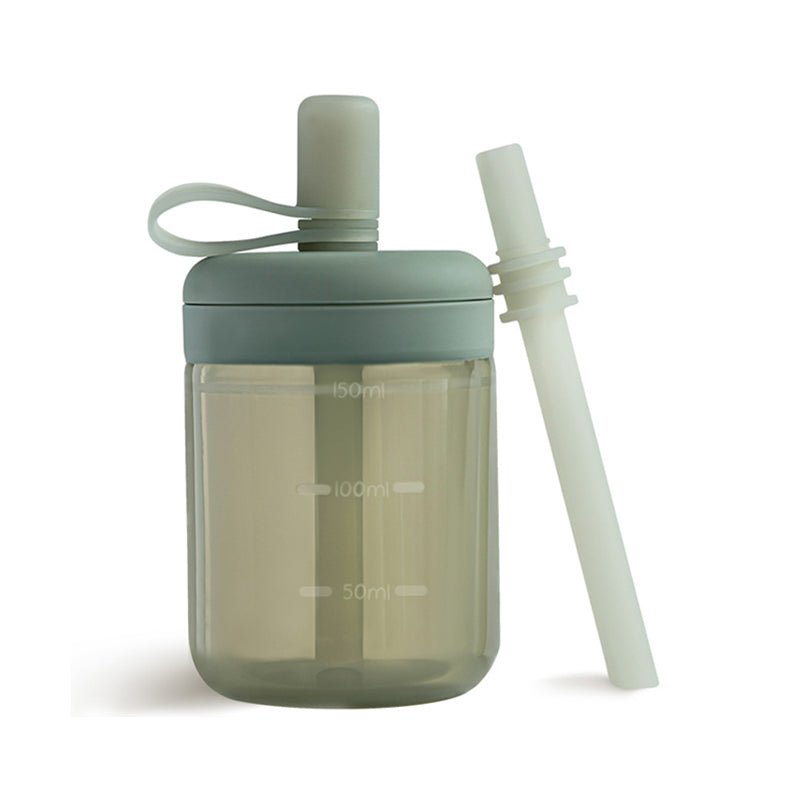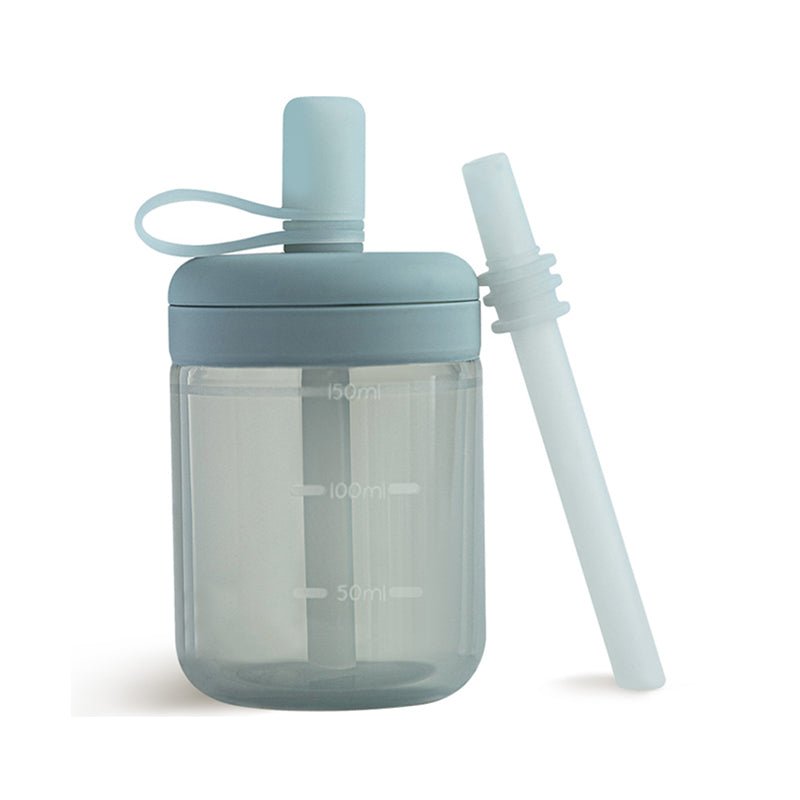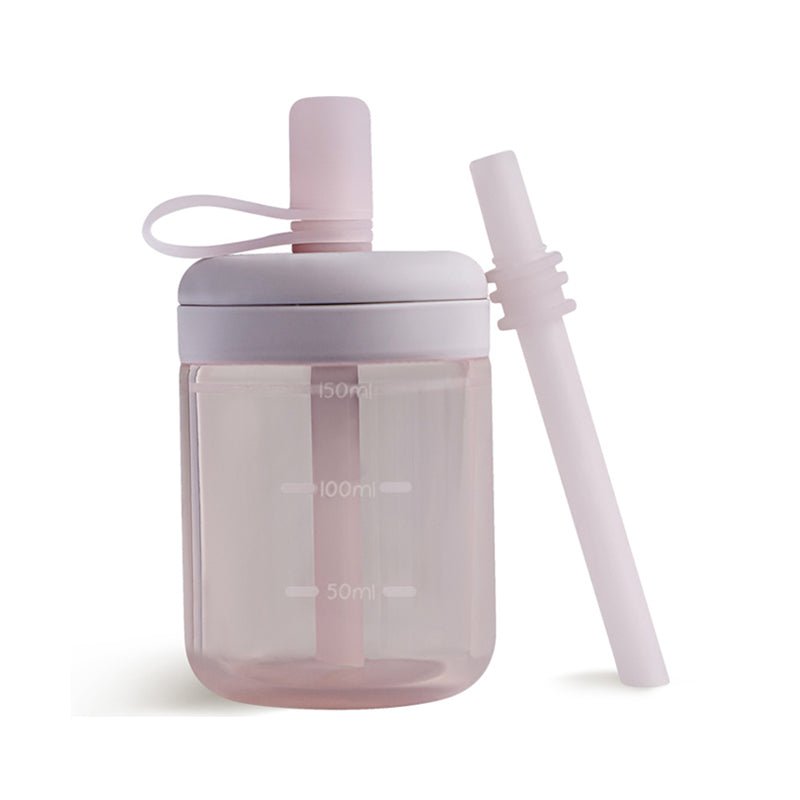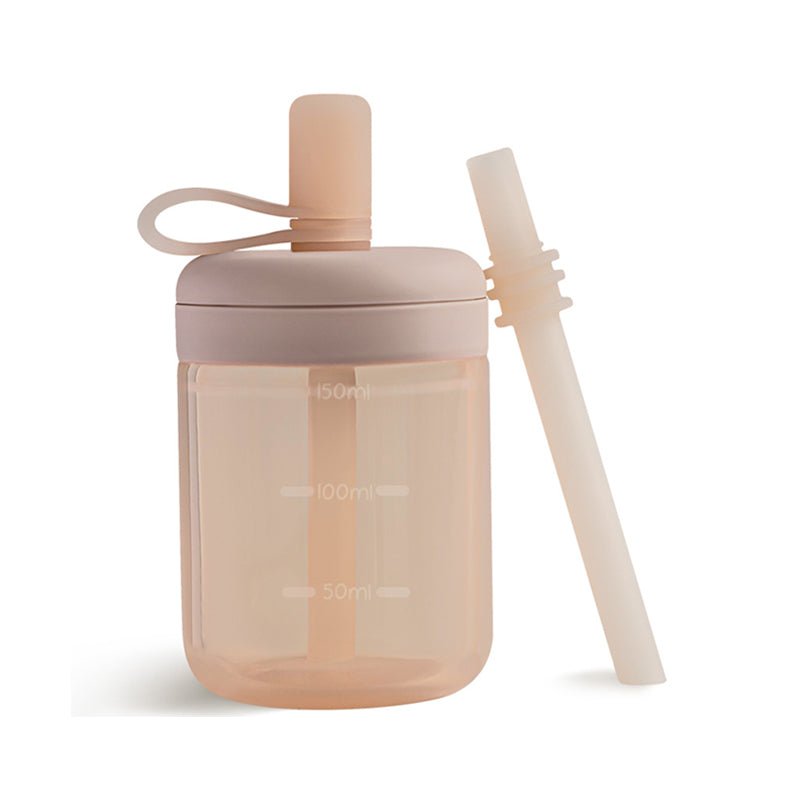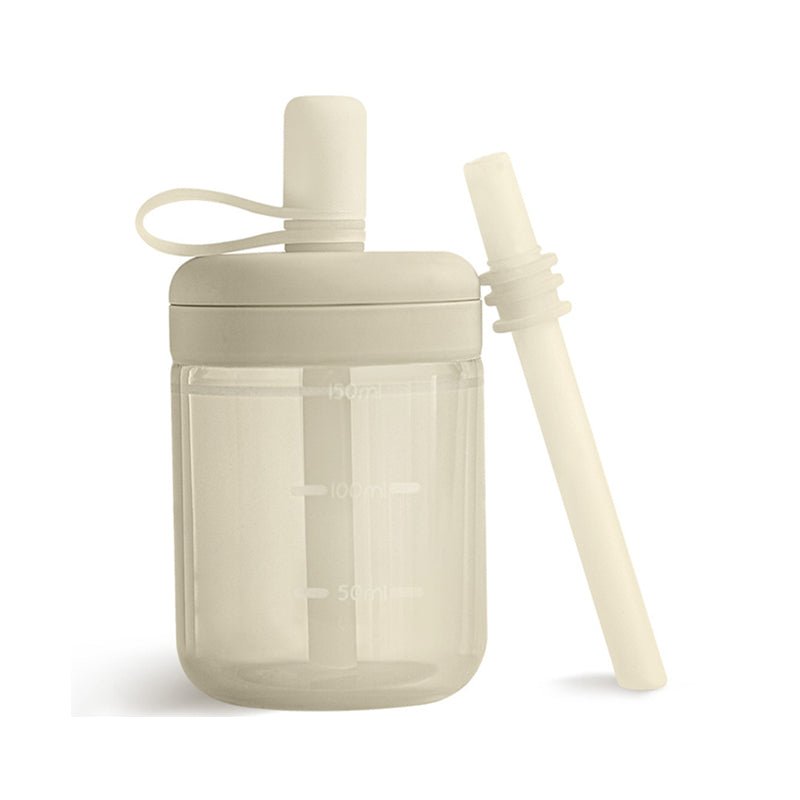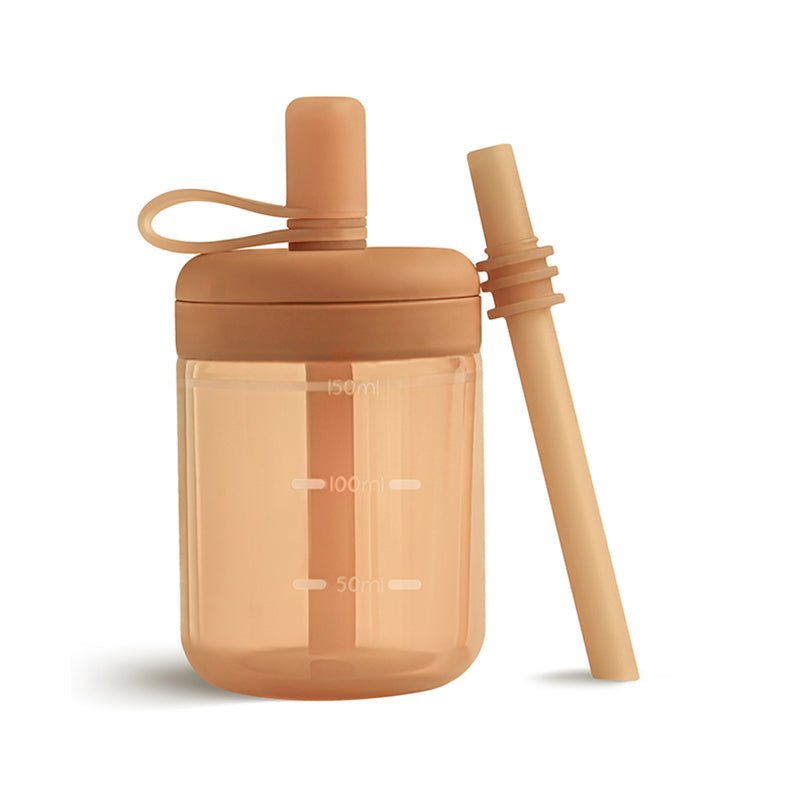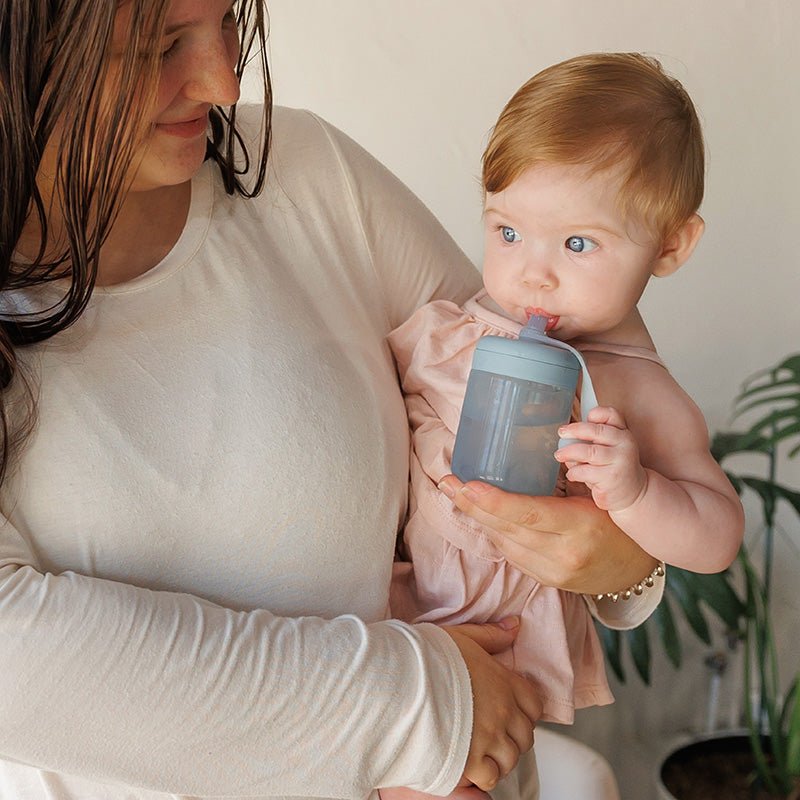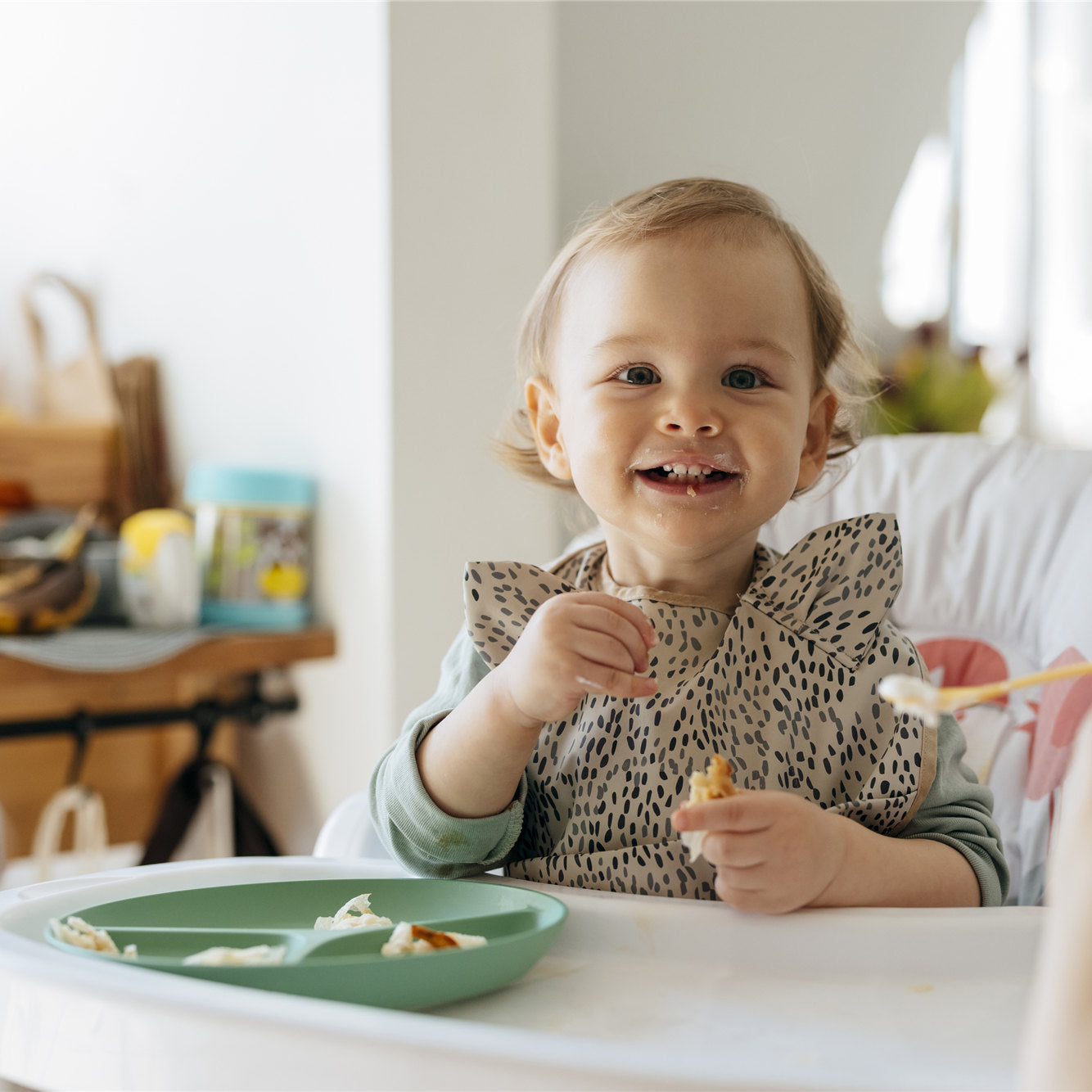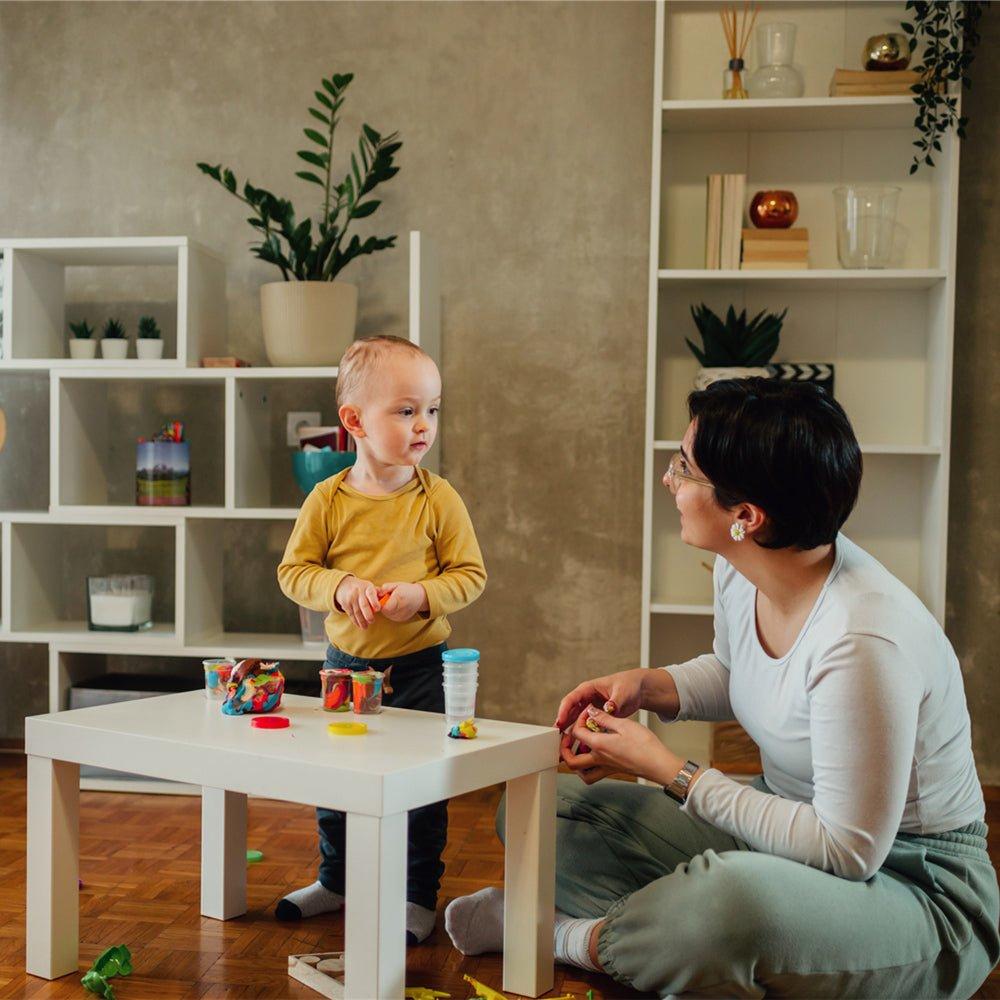
Keys? Check. Wallet? Check. Goodbyes? Not quite. It's tough to get through goodbyes when your one-year-old makes them a heart-wrenching ordeal every day. What can you do?
Separation anxiety in one-year-olds is a normal part of your child's development, but it is challenging for parents to handle. Mistakes parents often make include sneaking out, dismissing their child's feelings, or forcing the separation. There are plenty of less stressful ways to build trust.
This article will describe separation anxiety, how it impacts your child, what not to do, and what you can do to help your child cope with it.
What is Separation Anxiety?
Separation anxiety is a natural developmental milestone that occurs in most children between six and twenty-four months old. It is a response to your child's growing awareness of his surroundings and the realization that he is separate from you.
So, it's actually a marvelous sign that your child is on track in development, but it can be stressful. This newfound awareness of separation can make your child become anxious and upset when you leave their sight.
Understandably, your child may cry, cling to you, or refuse to be comforted by others. Some may even sweat, tremble, or have an increased heart rate. These are normal reactions, so don't freak out when you see them.
How Does Separation Anxiety Impact Your Child?
Separation anxiety can significantly impact your child's emotional well-being and development, particularly if it isn't addressed. For example, parents who simply walk out when their one-year-old is melting down over their leaving can lead to long-term anxiety and attachment issues.
Children experiencing separation anxiety that has never been dealt with may grow up struggling with socialization and forming relationships with others. They may even have disturbed sleep or show signs of depression.
Though separation anxiety is a normal childhood milestone, it is not meant to stick around. You must address it with gentleness and firmness. Essentially, you need to prove to your child that you will always come back, but building that trust doesn't happen overnight. Baby steps!
What Can I Do to Help My One-Year-Old Cope with Separation Anxiety?
You may have already discovered that simply talking to, reasoning with, or making promises to your one-year-old doesn't calm his anxiety. He wants you, and you are leaving him, so nothing simple is going to change that.

However, there are several steps you can take to show your little one that you will always come back--even if you will be gone longer sometimes. That assurance all starts with the following baby steps.
1. Create a Consistent Routine
Just as with bedtime, naptime, bathtime, and mealtime routines, creating a routine you go through briefly before you leave can help your child feel more secure and reduce his anxiety.
This routine can be as simple as a little mommy-son game before work or a special daddy-daughter hug. Silly handshakes, voices, or going-to-work dances suit this purpose, too.
Part of your routine could be setting a timer and calling home from work to check-in. This will initially start the anxiety all over again but will soon create a time to look forward to after you leave in the morning (especially if your wee one gets to hold the phone!).
In The Ultimate Guide to One-Year-Old Sleep: Tips and Tricks for Busy Parents, I talked specifically about how to start a bedtime routine and handle the pushback.
As your family settles into these routines, they will string together in a way that your child understands. Sure, they will be interrupted from time to time, and you will have to say no to a lot of things to protect your family's time, but it is worth it for this season of social anxiety.
2. Practice Separation
Practice short periods of separation to help your one-year-old learn that you will always come back. Just leave the room for a few minutes and do something nearby that your child can hear, like doing the dishes, changing laundry over, or cooking in the kitchen.
Your one-year-old will likely try to follow you at first but will eventually decide that playing with the toy at hand is acceptable while you do boring stuff. When your kiddo becomes okay with you being out of sight, increase the time that you are away and vary how much she can hear you.
After this, the next phase is stepping outside for a few minutes. Maybe you sit on the porch or do an outdoor task outside the window. After a while, your child will get used to you walking out the front door.
When another trusted caregiver is around, practice leaving for a few minutes. Get in the car or walk down the road out of sight. You can increase the time gradually until you can get groceries or go out for a date night without issue. All of these tiny steps are ways to build trust and reduce anxiety over separation.
3. Say Goodbye
Another step to incorporate with stepping out of sight for gradually increasing amounts of time and routines is saying goodbye. This is definitely a trigger word at the onset of separation anxiety, but it's a normal word that your wee one needs to become used to.
So, say goodbye and reassure him that you will be back soon. When practicing this in step with leaving for short periods of time, your child will soon build confidence in knowing that you'll be back eventually.
4. Provide Comfort Objects
Comfort objects, like stuffed animals or special blankets, are helpful for little ones who need to hold something they can control when mommy or daddy leaves. The sense of security a one-year-old can get from a comfort object is odd because she will prefer that one thing over exact duplicates (source).
In a way, young children seem to believe that there is something alive or special about a comfort object, so something else will not do the job (source). You can ask your little one to take care of that object while you're gone.
5. Involve Other Caregivers
Letting other caregivers watch over your little one so you can step away for a while is crucial for helping your child overcome separation anxiety and for your sanity. Sometimes, you need a break, and your child needs to learn how to handle that.
Having a trusted caregiver stay with your child at your home or dropping him off at the caregiver's house are good ways to do this. I personally found that dropping my toddlers off at a grandparent's house helped the most with separation anxiety because they were in a different home with "grandma's rules."
Yes, kids will get a little spoiled at others' homes, but a healthy dose of spoiling is helpful for getting a toddler through separation anxiety!
6. Be Patient
Separation anxiety is a big step in your child's development, and it may take months for her to learn to cope with anxiety. Be patient and understanding, and provide your child with plenty of love and support through this.
The way you handle your toddler's separation anxiety will set up how she handles anxiety later in life.
Creating confusing messages, becoming angry, or otherwise mishandling early separation anxiety will increase the chances of making a child's separation anxiety become a disorder that could lead to other mental struggles later in life (source).
That said, what should parents avoid doing during an episode of toddler separation anxiety?
What Should I Avoid Doing for My One-Year-Old's Separation Anxiety?
When your one-year-old is upset about you leaving, it can be a difficult and emotional experience for you and your child. You've got to be mindful of your actions and avoid doing anything that may exacerbate your child's anxiety.

Here are some things parents should not do when their one-year-old is upset about them leaving:
1. Sneak Out
While it may be tempting to sneak out when your child is not looking, this can actually make separation anxiety worse because your disappearance causes anxiety and confusion.
Your child needs to build trust in you coming back, so suddenly disappearing from time to time will make him more clingy when you are around. Saying goodbye and working through a bye-bye routine is far more effective than sneaking out in the long run.
2. Show Anxiety
It is natural for parents to feel anxious, worried, or hurt when leaving their upset child, but it is crucial to not show this anxiety to your child. Your toddler will pick up on your pent-up anxiety and become more anxious himself.
Instead, be calm and reassuring and provide your child with plenty of love and support. Doing this through hugs, kisses, and a short goodbye routine is helpful for your nerves and his.
However, if you are anxious because you don't trust the person or people you are leaving your child with, then trust your gut and don't leave your child with them. Keeping your child safe is imperative, so if something seems off, don't leave the most precious gift you have with them.
3. Dismiss Your Child's Feelings
Dismissing your child's feelings can make them feel unheard and increase their anxiety. Though your one-year-old is years away from being able to express that frustration, she shares it through anxious actions. Being dismissed by the most important person in her life is crushing.
Instead, listen to your child by validating her feelings and acknowledging her anxiety: "Clara, I know you're sad I have to go."
Provide comfort and reassurance: "I'm going to run some errands, but I will be home around lunchtime. It's okay to be sad that I'm leaving, but you are going to have so much fun here, and we will read together when I come back."
Your toddler is not going to listen much at a year old, but if you are consistent with naming strong emotions like sadness, anxiety, and anger over the next couple of years, your toddler will begin using those descriptions herself.
4. Punish Your Child
Separation anxiety is not something your toddler can control; it is an expression of a normal milestone in his emotional development. Thus, it is never appropriate to punish your child for his anxiety or anxious behavior.
Punishing your little one can increase his anxiety and damage your relationship with him. Instead, provide your anxious toddler with love, support, and a comfort item or a brief bye-bye routine. Doing so regularly will make your toddler feel more secure and reduce his anxiety over time.
5. Force the Separation
As with handling all big emotions for toddlers, however, there is a balance to maintain. You can't let your child hold you hostage with his anxiety because he'll eventually wield that skill against you. You've got things to do, and your child needs to learn how to cope.
As tempting as forcing the separation can be, it doesn't work out as planned most of the time. Forcing the separation tends to increase a child's anxiety and makes the situation worse because it doesn't build trust--force shatters trust.
Instead, allow an extra five to ten minutes before you leave for a bye-bye routine, hugs, kisses, assurances, and soothing. Building margin into your schedule will help you avoid acting out of frustration under pressure and will make the whole leaving thing more chill.
How Should I Handle Separation Anxiety in Young Foster Kids or Adopted Toddlers?
Foster children and adopted children require more tender care and attention in regard to separation anxiety because they've likely been left before. Changes in environment, parents, rules, food, culture, and whatnot contribute to a constant state of anxiety that heightens everything behaviorally.

Even if you are caring for one-year-old foster kids, you will find that they have a deep fear of being left behind and cling tightly to those they trust. As such, you must be extremely careful and tender in how you react to their separation anxiety.
Following the advice of what to do and what to avoid in a more gradual fashion will go a long way with many kids in these situations. However, there may be some trauma or special needs that you either don't know about yet or that you are already aware of that will require additional steps, actions, or habits.
Reach out to the child's social worker, case worker, or counselor for ways to help the child more specifically. Seemingly insignificant ways of saying goodbye in your mind can impact a foster or adopted child's world in indescribable ways. Be patient, and hang in there!
If you are the first-time parent of a one-year-old, you likely have questions. Here are 25 Questions First-time Parents Ask About Their One-Year-Old.
In a Nutshell
Separation anxiety is part of your child's development, but it can be challenging to handle. By avoiding the bad, albeit more convenient, leaving habits and replacing them with thoughtful, loving habits, you will build your child's trust in your faithfulness to return to her.
Remember, it takes time and patience to help your child learn to cope with their anxiety, but with love and support, your child will learn to thrive.

